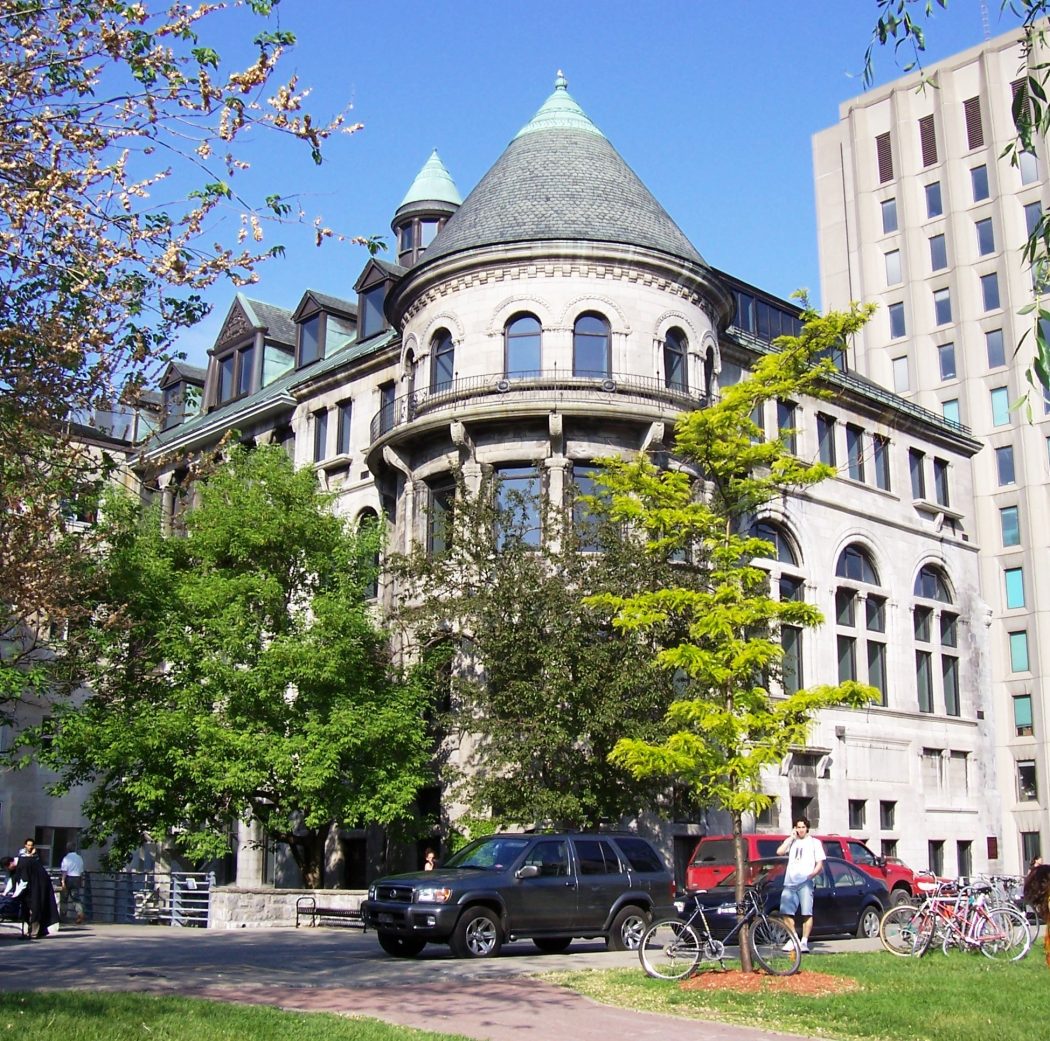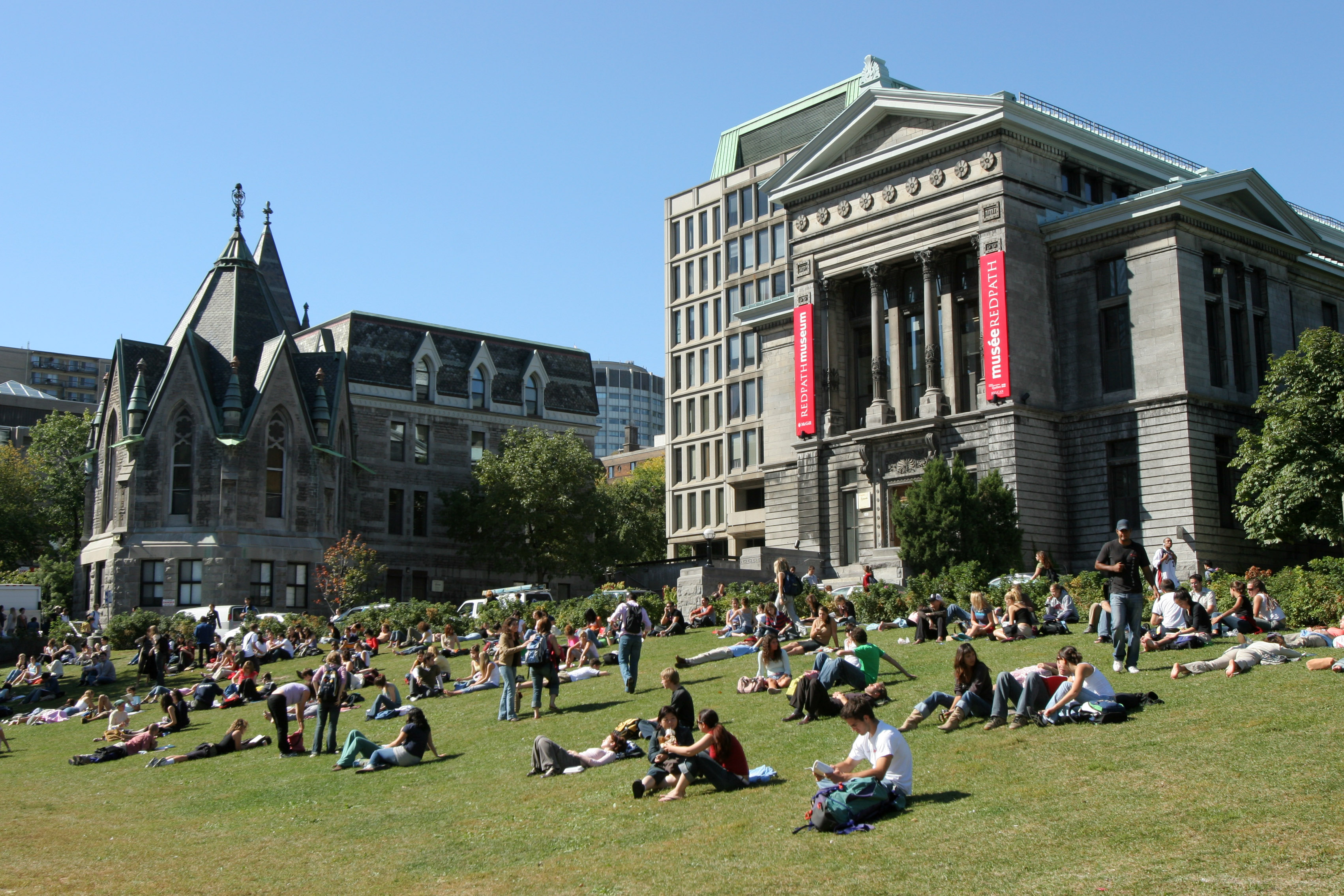On September 24, SSMU Legislative Council convened to discuss matters including changes to the SSMU elections processes and the equity policy.
Announcements
A few important announcements were made at the beginning of the meeting including that medical notes from outside of Canada will now be accepted for assessments due to COVID-19 and that a new MUSA elected Mitra Khodadadi as their Legislative Council representative
Amendments to the Internal Regulations of Elections and Referenda
Jemark Earle, SSMU President, moved to approve amendments to the Internal Regulations of Elections and Referenda. It was passed without question or debate with unanimous approval. The amendment aims to account for the need for virtual engagement with the SSMU and a new approach to the electoral process in light of the COVID-19 Pandemic. It primarily outlines that steps towards a virtual campaigning process will be enacted to absolve election barriers brought on by COVID-19. Several in-person constraints will be removed and new features of the online voting platform (SimplyVoting) will be capitalized on. Also, First Year Council Elections will be extended past September 30th.
Amendments to the Equity Policy
The second motion discussed was moved by VP University Affairs Brooklyn Frizzle regarding amendments to the Equity Policy to ensure equitable communication practices. The motion passed 15 in favor, four abstained and 0 opposed. The amendment is to add a clause to the equity policy to protect free expression, particularly to defend against “tone-policing”, so long as other elements of the equity policies, such as hate speech or personal attacks, are not breached.
Frizzle described that “tone-policing is any kind of personal attack or anti-debate tactic which is based on criticizing the way that an individual presents their argument, for example, their word choice or their tone, rather than criticizing the actual argument itself.” According to Frizzle, tone policing prevents the achievement of accessible and anti-oppressive communication.
The central issue during the debate was brought up by Councillor Collins and further iterated by Councillor Reed. They expressed concern about the ambiguous boundary between protecting free speech and passion without laying grounds for uncontested harassment, particularly as it relates to the use of profanity.
“I see some room for interpretation that ideally shouldn’t be there,” Collins said. “We can foster a respectful environment where profanity wouldn’t be used in a way that would constitute harassment.” Councilor Reeds further contested that there should be a place for some level of decorum in debate settings.
Frizzle responded to these concerns by clarifying that “this protection [of profanity] would not extend to any kind of directed attack against an individual.” Rather, it is merely to protect speakers impassioned by certain events or systems. Moreover, they recognize concerns with the difficulty in navigating this, conceding that some room for interpretation is inevitable and the document will be subject to further amendments in the future.





